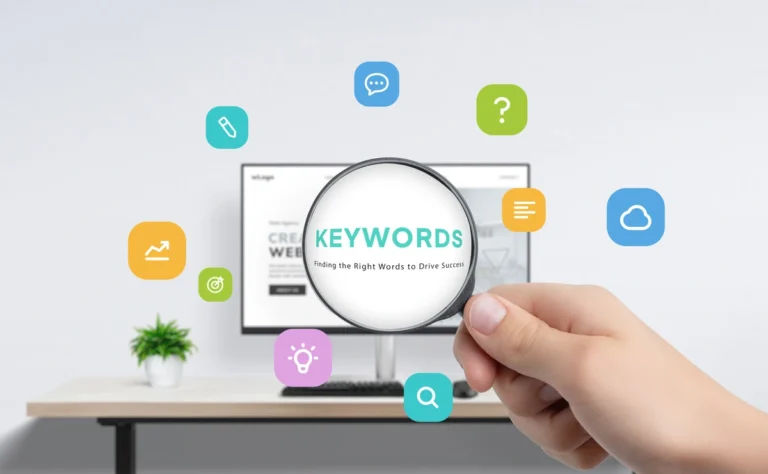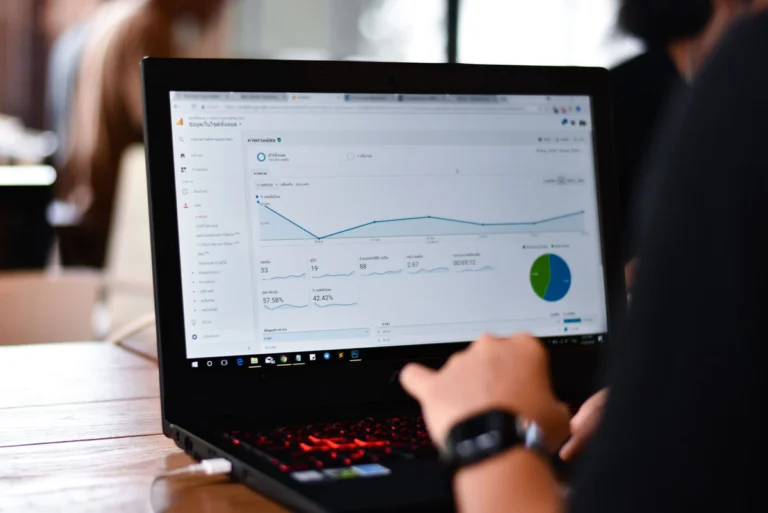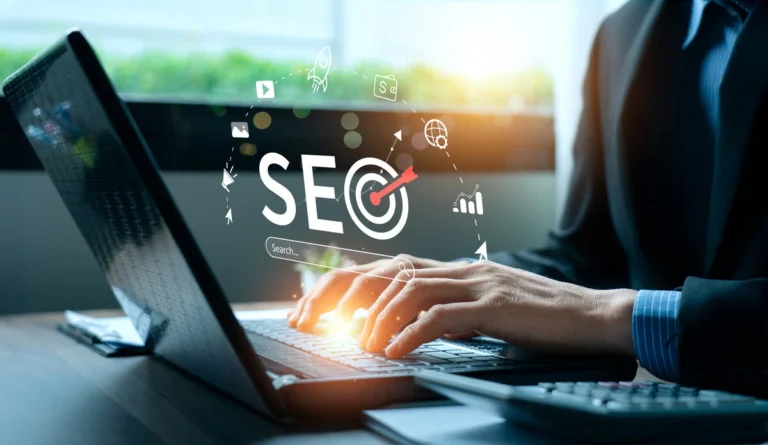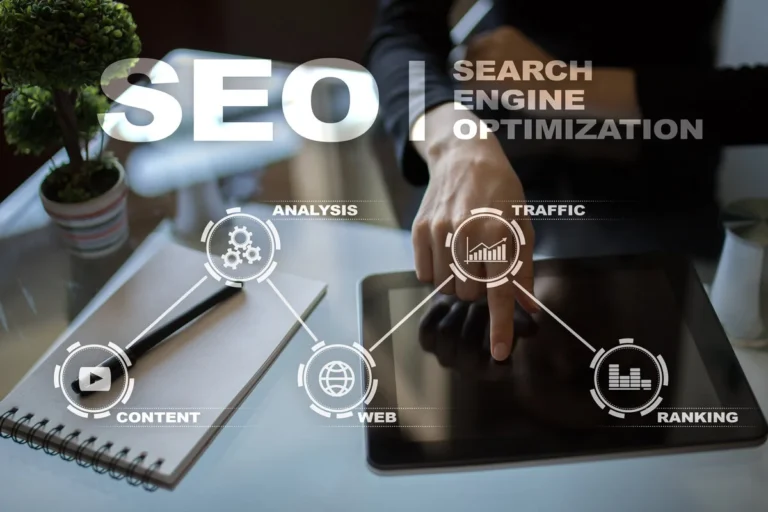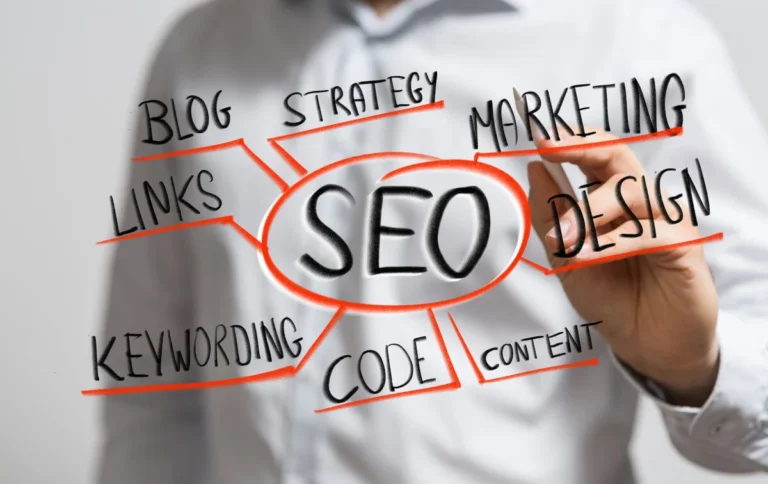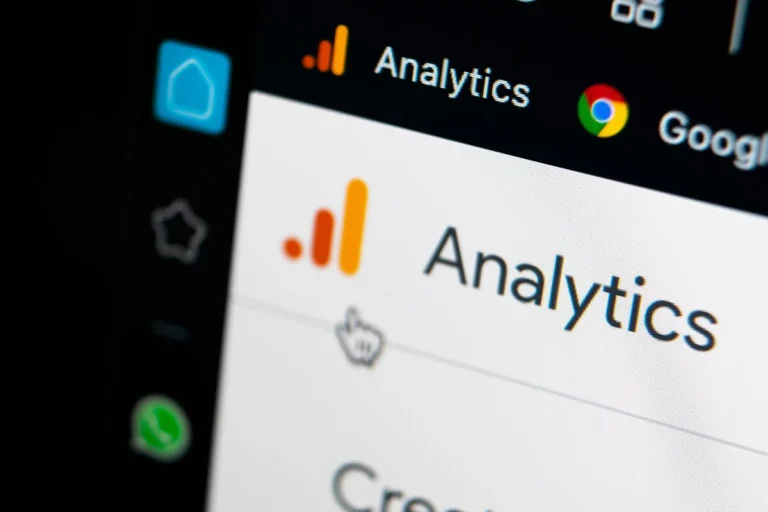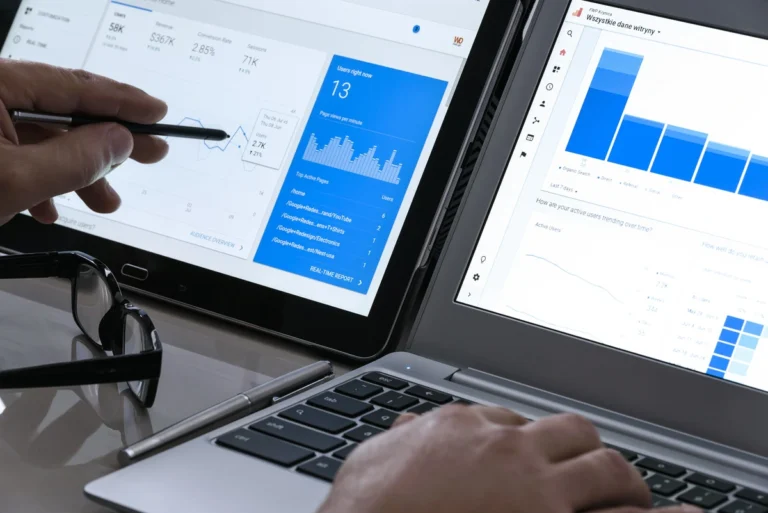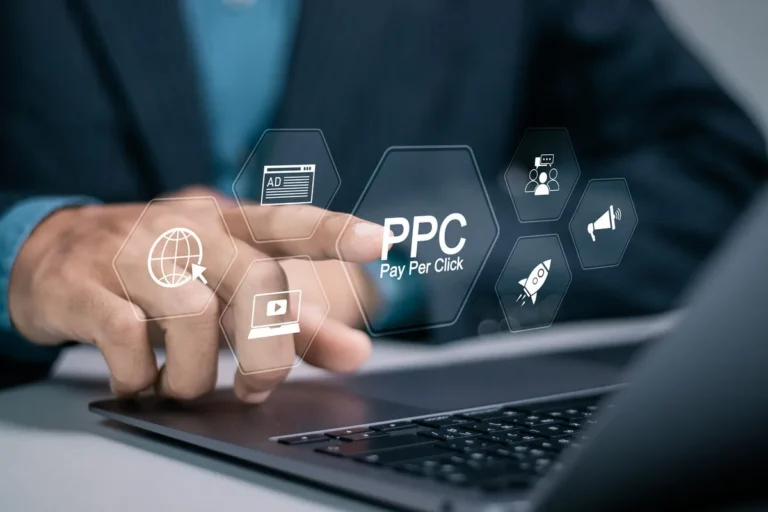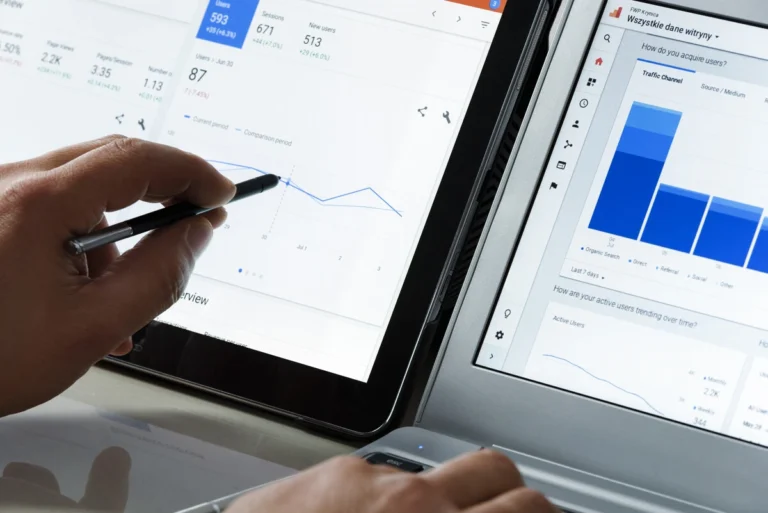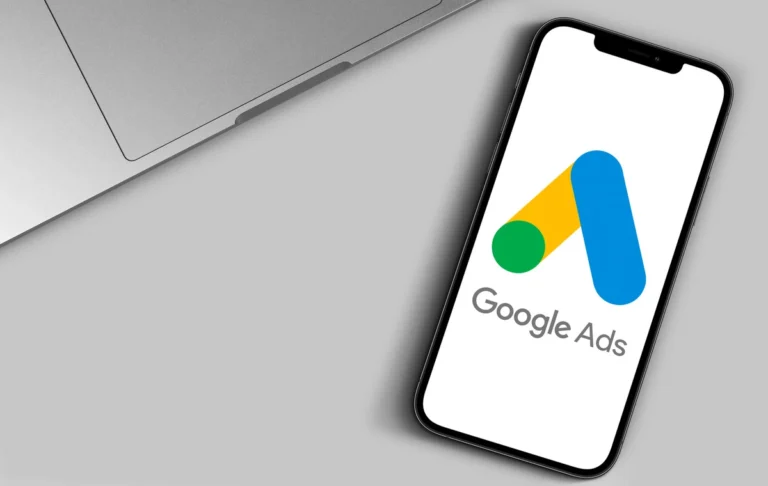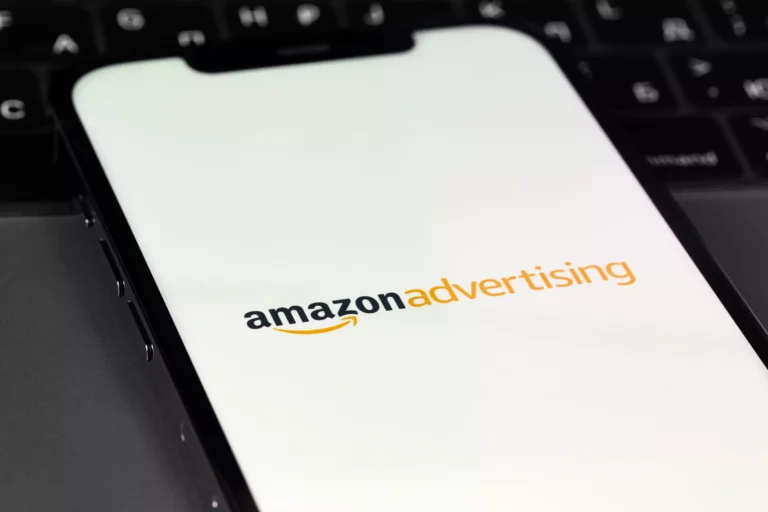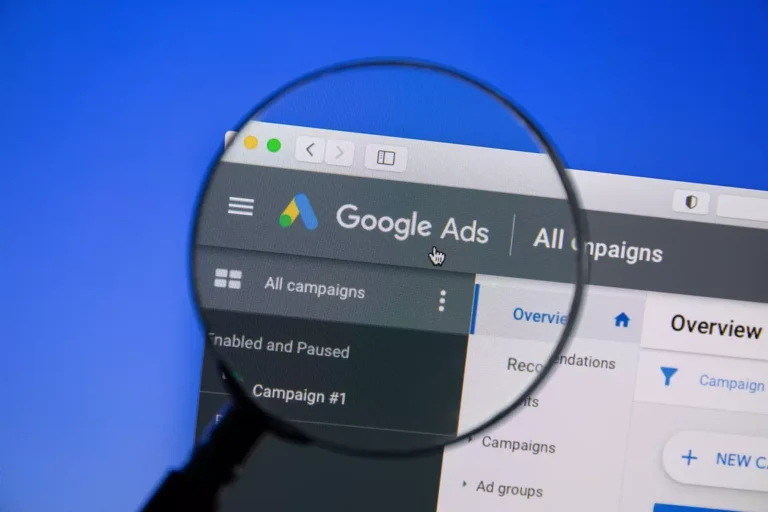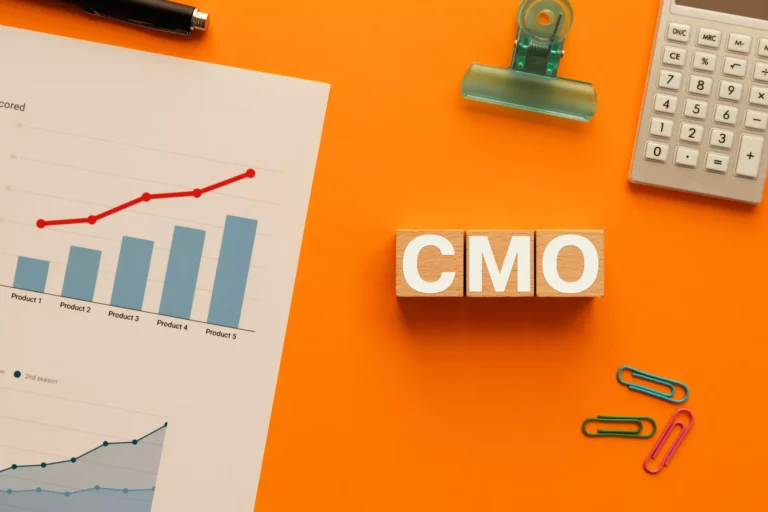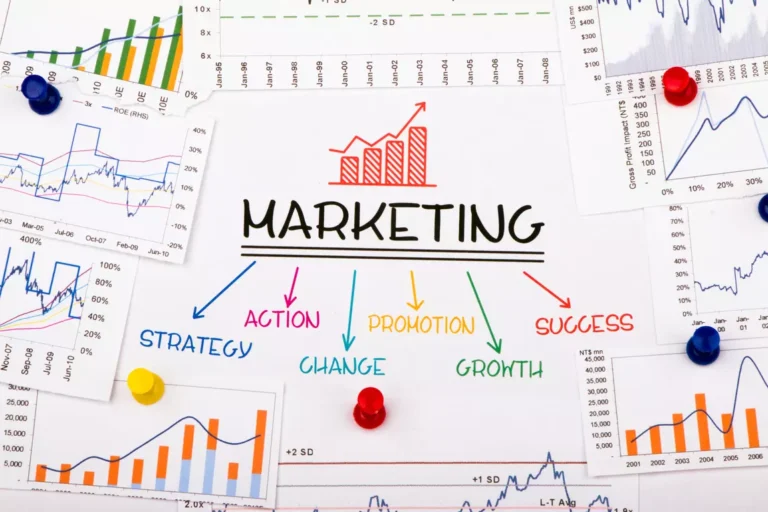Introduction to PPC and CPC
In the fast-paced world of online advertising, two terms that frequently come up are PPC and CPC. While these acronyms are often used interchangeably, they represent distinct concepts. Understanding these terms is critical for businesses seeking growth through strategic online marketing.
Define PPC (Pay-Per-Click)
PPC, or Pay-Per-Click, is an online advertising model where advertisers pay a fee each time their ad is clicked. It’s a popular method to buy visits to your site rather than earning those visits organically. PPC is often synonymous with search engine advertising, where businesses bid for ad placement in a search engine’s sponsored links when someone searches for a keyword related to their business offering.
Define CPC (Cost-Per-Click)
CPC, or Cost-Per-Click, refers to the actual price you pay for each click in a PPC campaign. Essentially, CPC is a metric that determines the cost of each click and helps you manage your budget more effectively. It provides insights into the efficiency and return on investment (ROI) of your PPC campaigns.
Overview of How PPC and CPC are Used in Online Advertising
PPC and CPC are integral components of online advertising strategies. In a PPC campaign, businesses create ads and bid for placement in search engines or other platforms. The cost incurred for each ad click is tracked as the CPC. This model is advantageous because you are paying specifically for engaged visits rather than impressions. By understanding the nuances of PPC and CPC, businesses can craft more effective ad campaigns, optimize their ad spend, and, ultimately, drive more qualified traffic to their websites.
Are PPC and CPC the Same Thing?
The terms Pay-Per-Click (PPC) and Cost-Per-Click (CPC) are often used interchangeably, but they refer to different aspects of online advertising. Understanding the distinction between these terms is crucial for devising effective digital marketing strategies and optimizing your advertising spend.
Understanding PPC
PPC is an advertising model where advertisers pay a fee each time one of their ads is clicked. Essentially, it’s a way of buying visits to your site rather than attempting to earn those visits organically. Google Ads, Bing Ads, and social media platforms like Facebook and LinkedIn offer PPC advertising services. These platforms allow businesses to create highly targeted ads and only pay when a user interacts with them, providing measurable results and a clear return on investment. Find out how much should you pay for PPC.
Decoding CPC
CPC, on the other hand, is a metric that measures the cost incurred for each click on your ad. In PPC campaigns, CPC is a critical factor because it directly impacts the overall cost and the budget of the campaign. Understanding how CPC works can help businesses optimize their advertising spend by selecting the right keywords, targeting appropriate audiences, and refining ad copy to lower costs.
Examples of PPC Advertising Platforms
Examples of popular PPC advertising platforms include Google Ads, Bing Ads, Facebook Ads, and LinkedIn Ads. These platforms allow advertisers to reach a wide and diverse audience by creating targeted campaigns based on user demographics, interests, and behaviors.
Calculating CPC in PPC Campaigns
To calculate CPC in a PPC campaign, you simply divide the total cost of your clicks by the number of clicks received. For instance, if you spend $100 on a campaign that generates 50 clicks, your CPC would be $2. A low CPC indicates efficient targeting and ad quality, while a high CPC may suggest the need for optimization.
In conclusion, while PPC and CPC are closely related, they serve different purposes in the realm of online advertising. Mastering both can lead to more profitable and effective PPC marketing campaigns.
Is PPC Better Than SEO?
Is PPC better than SEO?
PPC (Pay-Per-Click) and SEO (Search Engine Optimization) are two powerful strategies in the digital marketing arsenal. While both aim to increase visibility and drive traffic to your website, they function very differently. Determining whether PPC is better than SEO depends on your specific business needs and goals.
Benefits of PPC
PPC can deliver faster results compared to SEO. A well-executed PPC campaign can start driving traffic within hours of launching. This makes PPC an excellent option for businesses seeking immediate visibility or looking to promote time-sensitive offers. Additionally, PPC provides a greater level of control over your marketing budget. You can set daily limits, bid on specific search terms, and target specific demographics, maximizing the impact of your ad spend.
Benefits of SEO
SEO, on the other hand, offers long-term benefits. While it requires time and effort to climb the search engine rankings, once your site gains a top position, it can attract significant organic traffic without ongoing costs. SEO establishes credibility and trust among users since they know that top-ranked organic results are not paid advertisements. Furthermore, SEO is a sustainable approach that contributes to the overall growth of your online presence.
Scenarios Where PPC Might Be a Better Choice
If you need quick results or are running a time-bound campaign, PPC is unquestionably the better choice. This strategy is also ideal for new product launches, special promotions, or entering highly competitive markets where achieving top organic rankings might be challenging in the short term. Additionally, PPC is highly measurable, allowing you to track return on investment (ROI) and adjust your campaigns in real time according to performance data.
Scenarios Where SEO Might Be a Better Choice
If you are looking to build long-term online authority and wish to reduce your marketing expenditure over time, SEO is advantageous. Businesses that rely on consistent organic traffic and brand loyalty find SEO to be a sustainable and effective approach. Additionally, if your audience prefers organic search results over ads, investing in SEO can yield higher engagement rates and customer trust.
In conclusion, neither strategy is inherently better than the other; each plays a unique role. A balanced approach that leverages both PPC and SEO often yields the best results, allowing businesses to meet immediate objectives while building a strong foundation for future growth.
Why Using SEO and PPC Together is a Great Choice
While comparing PPC vs SEO, it’s important to note that the best strategy often involves integrating both. By combining PPC and SEO, you can leverage the strengths of each to maximize your online visibility and achieve a more comprehensive marketing approach. For example, use PPC for immediate traffic and insights into high-performing keywords, and then optimize those keywords in your SEO strategy for long-term benefits. This integrated approach ensures that your business is capturing traffic through both paid and organic channels, offering a balanced and effective digital presence.
What Is a Good CPC for PPC?
Determining what constitutes a good CPC (Cost-Per-Click) for your PPC (Pay-Per-Click) campaigns is a crucial aspect of maximizing your online advertising budget. The definition of a ‘good’ CPC can vary widely based on numerous factors, including industry standards, competition, and the unique objectives of your campaign. Understanding these dynamics can help your business not only optimize spending but also drive higher returns on investment.
Factors Influencing a Good CPC in PPC Campaigns
There are several elements that influence what may be considered a good CPC for your PPC campaigns. The first major factor is industry benchmarks. Different industries have varying levels of competition, which directly impacts CPC rates. For instance, in highly competitive industries such as insurance or legal services, the CPC is naturally higher due to the fierce competition for keywords.
How to Determine a Good CPC for Your Industry
Another essential consideration is your business’s specific sector. Leveraging industry reports or analytics tools can offer insights into average CPCs within your niche. For specialized needs, tools like the Amazon PPC cost calculator can estimate CPC based on historical data and ongoing market conditions, giving a more tailored understanding.
Moreover, having clear campaign goals can also guide what CPC should be considered good. For example, higher CPCs might be acceptable if they result in high conversion rates and strong ROI. Contrastingly, if the objective is broad visibility, lower CPC rates might be more appropriate.
Using Tools Like Amazon PPC Cost Calculator to Estimate CPC
Modern digital tools can enhance your ability to efficiently calculate and forecast a good CPC for your campaigns. The Amazon PPC cost calculator is one such tool that provides a detailed analysis based on variables such as click-through rates, conversion rates, and average order values. Utilizing such tools not only streamlines the planning process but also offers a data-backed approach to setting and achieving realistic CPC targets.
In summary, determining a good CPC for your PPC campaigns involves a multi-faceted approach that considers industry benchmarks, specific business goals, and the strategic use of analytical tools. Being knowledgeable about these factors will position your business well in making informed, cost-effective decisions, ultimately driving growth and profitability.
Start your journey with a free consultation from Bohu Digital and stay ahead of the curve.
Is CPC Better Than CPA?
One of the most frequently debated topics in digital marketing is whether CPC (Cost-Per-Click) is better than CPA (Cost-Per-Acquisition). Understanding the nuances of each can help businesses make informed decisions about their advertising strategies.
Define CPA (Cost-Per-Acquisition)
CPA stands for Cost-Per-Acquisition and refers to the cost an advertiser pays to acquire a customer who completes a desired action, such as making a purchase or signing up for a newsletter. Unlike CPC, which charges advertisers for each click on their ads, CPA focuses on the end goal, making it a more targeted metric in some campaigns.
Compare CPC and CPA Campaigns
When comparing CPC and CPA campaigns, it is essential to consider the type of goals your business is aiming to achieve. CPC is typically more suitable for driving traffic to a website when the primary objective is to generate awareness or engagement. On the other hand, CPA is more advantageous when the end goal is a specific action such as product sales or lead generation.
A CPC campaign might yield high volumes of clicks, but not all those clicks will translate into meaningful actions like purchases or sign-ups. Conversely, CPA campaigns ensure that every dollar spent is directly tied to an action that contributes to business growth. This makes CPA particularly appealing to businesses that operate on a performance-based model.
Advantages and Disadvantages of CPC and CPA Models
Advantages of CPC
- Predictable Costs: You pay only for actual clicks, allowing for better cost control.
- Increased Traffic: Drives highly targeted traffic to your website.
- Flexibility: Ideal for brand building and campaigns that focus on user engagement rather than immediate conversion.
Disadvantages of CPC
- No Guarantee of Conversion: High click-through rates do not always translate into sales.
- Expensive in Competitive Sectors: CPC rates can skyrocket in highly competitive industries, which can strain budgets.
Advantages of CPA
- Performance-Based: Payment is required only when a desired action is completed, making it highly efficient.
- Better ROI: Ensures that your advertising budget is spent on acquiring actual customers or leads.
Disadvantages of CPA
- Complex Setup: Often requires more sophisticated tracking mechanisms and initial setup.
- Potentially Higher Costs: Because you’re paying for conversions, rates per acquisition can be higher.
In conclusion, determining whether CPC or CPA is better largely depends on your business goals. If your aim is to drive traffic and increase visibility, CPC can be beneficial. However, if your goal is to acquire customers or specific actions, CPA might offer better value. Both models have unique advantages and disadvantages that should be weighed against your specific needs and objectives.
Conclusion
In summary, understanding the differences between PPC and CPC is essential for businesses seeking sustainable growth through online advertising. While PPC is a broad term encompassing various advertising strategies where advertisers pay only when their ads are clicked, CPC specifically refers to the cost associated with each click within those campaigns.
PPC offers various benefits, including better control over ad spend, immediate visibility in search results, and the ability to target specific demographics and interests. On the other hand, CPC serves as a critical metric in evaluating the cost-effectiveness of these campaigns. It’s important to understand that neither is inherently superior; the best strategy often depends on your specific business objectives, industry, and budget.
Final Thoughts on Choosing Between PPC and CPC Strategies
When deciding between PPC and CPC strategies, it’s vital to consider multiple factors, such as your advertising budget, target audience, and desired outcomes. Is PPC worth it? If you need immediate traffic and are willing to invest heavily in advertising, a PPC strategy might be more suitable. Conversely, if your main concern is controlling costs and ensuring each click is worth the spend, focusing on optimizing CPC could be more advantageous.
Encouraging Informed Decisions
Ultimately, the choice between PPC and CPC strategies should be guided by a comprehensive assessment of your business needs and goals. Regularly monitoring campaign performance and being adaptable to changes in the marketplace are crucial for long-term success.
Ready to make an informed decision about your advertising strategy? Partner with an agency that understands the nuances of modern advertising techniques. At Bohu Digital, we leverage algorithm-driven campaigns paired with CRM data to maximize your revenue. Don’t miss the opportunity to grow your business efficiently. Start with a complimentary consultation from Bohu Digital today.
K









